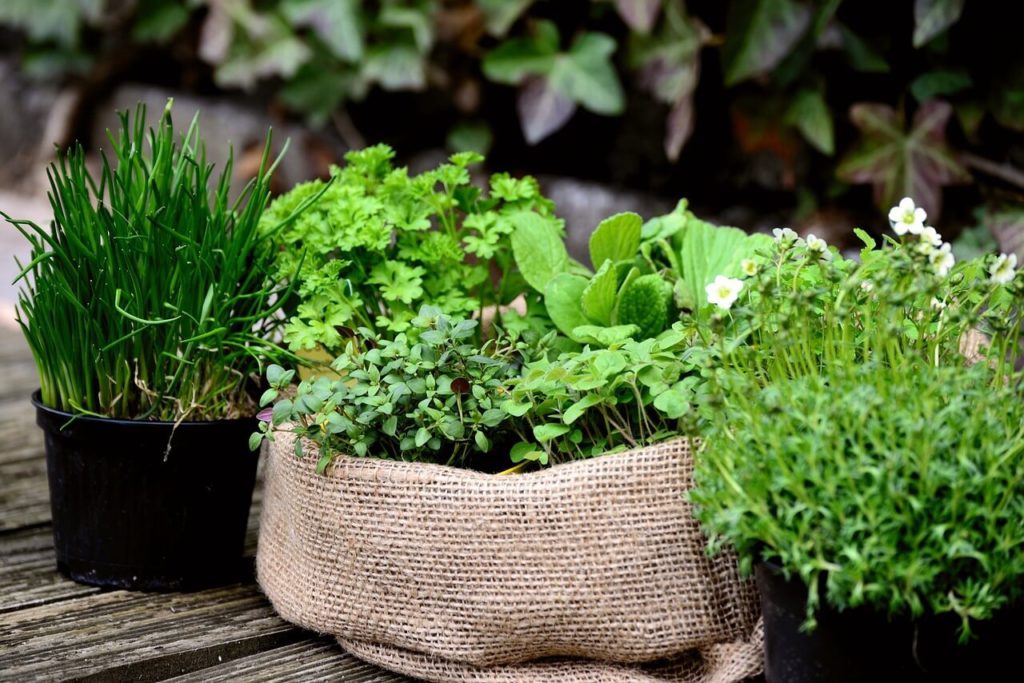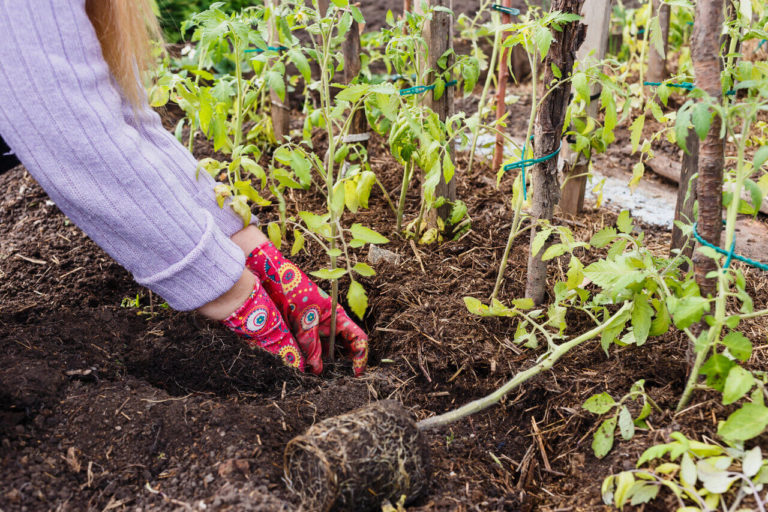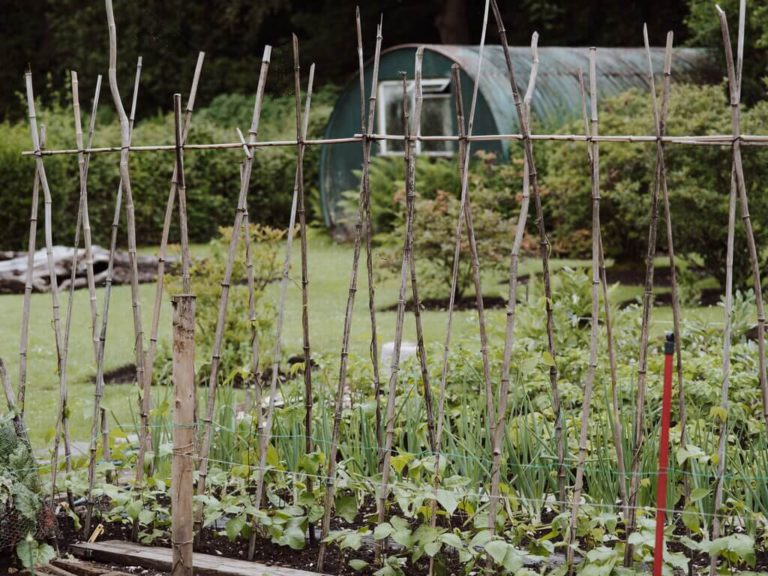Medicinal Plants to Grow at Home
Natural Remedies for Cold, Fever, and Sickness
Many years ago, natural remedies, including medicinal plants to grow at home, were the go-to for healing common ailments. Then, modern medicine came along, bringing incredible benefits and some downsides. Sometimes, we rely too much on medication for issues that can be easily treated at home—without side effects or hefty costs.
Growing your own healing plants can be a powerful way to treat common health problems. Not only do they avoid the side effects of medication, but they also offer a cost-effective alternative. You can cultivate a natural pharmacy in your garden, from topical applications to tea brewing. Just like with over-the-counter medicine, it’s essential to understand proper dosing when using plants as remedies.
As with any medication, there can be potential risks and side effects associated with using natural remedies for treating fevers, colds, and coughs.
For instance, some people may experience allergic reactions to certain plants or herbs. Also, natural compounds like willow bark, which contains salicin (similar to aspirin), may not be suitable for everyone, especially for those with conditions that make aspirin use risky, such as clotting disorders or peptic ulcers.
Additionally, excessive consumption of certain herbs could lead to adverse side effects. For example, too much peppermint oil can cause heartburn or nausea. Furthermore, some herbs can interact with prescription medications, potentially altering their effectiveness.
Always consult a healthcare professional before starting any new treatment, even if it’s natural, to ensure it’s safe for your specific health condition and situation.
Treating Fevers, Colds, and Coughs Naturally with Medicinal Plants to Grow at Home
Fevers and coughs can have many causes, but unless directed otherwise by a doctor, we often need to treat the symptoms. Over-the-counter medications can sometimes leave us feeling worse, with side effects like dizziness or a fuzzy head. Thankfully, there’s an alternative. Medicinal plants to grow in your garden can treat common cold symptoms and fevers without those unpleasant effects.
Willow Bark: Like aspirin, willow bark can help reduce fevers and headaches. It’s a natural, reliable option for fever relief.
Sunflowers: These bright beauties make your garden pop, and their leaves can be used to brew a tea that lowers fevers. Sunflower tea is also effective against colds and coughs, offering twofold relief. Sunflower seeds are an added bonus, packed with vitamins and antioxidants that help combat illness.
Chamomile: This easy-to-grow plant makes a soothing tea that helps reduce fevers and calms the body. It’s a must-have for your natural medicine cabinet.
Ginseng: Known for boosting the immune system, ginseng can shorten the duration of colds and coughs. It’s a time-tested remedy, often associated with Chinese medicine, and perfect for building resilience during the cold season.
Peppermint: If congestion makes you miserable, peppermint is a natural decongestant. The menthol found in peppermint is a common ingredient in over-the-counter cold medicines, but you can grow your own to use in teas or inhalations.
Parsley: Not just a garnish! Parsley helps minimize cold symptoms and gives your immune system a boost. Remember that this plant is a favorite snack for outdoor animals like rabbits.
Fennel: Fennel is part of the celery family and works wonders for calming coughs. It’s best suited for outdoor growing and can also be used in cooking for a tasty, medicinal meal addition.
Anise: This small, easy-to-grow plant is perfect for indoor gardens. When steeped in tea, its seeds can help soothe coughs and quiet an irritated respiratory system.
Thyme: A sturdy, perennial plant, thyme is excellent for treating coughs. It relaxes the muscles in your respiratory system, reducing the need to cough, often caused by muscle spasms.
Healing and Medicinal Plants to Grow in Your Graden

One of the many advantages of using natural remedies is that many of these healing plants are easy to grow at home. You don’t need to be an expert gardener to get started—many plants thrive in different environments and require minimal care.
For example, chamomile and thyme are hardy and can grow indoors and outdoors, making them ideal for beginners. Peppermint and parsley are easy to grow in small containers on a windowsill, perfect for those with limited space or gardening experience.
If you’re new to gardening, start with plants that are known for being low-maintenance.
Sunflowers, for example, are easy to grow and only require basic care, such as plenty of sunlight and occasional watering. They are also resistant to pests and thrive in most climates, making them an excellent choice for beginners.
Ginseng and fennel, on the other hand, require a bit more attention. They need ample sunlight and well-drained soil to flourish, but they reward you with incredible health benefits once established.
For those who prefer indoor gardening, anise is a great option. This small plant is well-suited for growing inside and can thrive in pots or small garden boxes. It’s perfect for anyone who wants to enjoy the medicinal benefits of plants without needing a large outdoor garden.
In general, most medicinal plants to grow in your garden are pretty forgiving and can adapt to various growing conditions, so even if you’re just starting, you’ll find success with a bit of patience and care.
By growing your healing garden, you’re taking a big step toward managing your health naturally—and conveniently right from home.
Boosting Your Immune System: Daily Habits and Natural Plants
We could all use extra help boosting our immune systems, especially during cold and flu season or when we’re in close quarters with others. Here are some simple daily practices to keep your immune system strong and ready to fight off sickness.
Our bodies are built to survive on fresh fruits and vegetables. Whole, unprocessed foods give your body the nutrients it needs to function at its best. Fresh fruits and vegetables, mainly those rich in Vitamin C, like citrus fruits, broccoli, and kale, are essential for immune support.
Processed foods are more challenging for your body to digest and take energy away from immune function. Stick to whole foods whenever possible to keep your system running smoothly.
One of the best ways to keep illness at bay is to maintain a strong, healthy body through diet and exercise. Improving your diet can initially seem challenging, but the key is to start small and make gradual changes. Begin by cutting out sugar and processed foods and replacing them with whole-food options.
For example, instead of reaching for a candy bar, grab an apple or swap sugary cereal for scrambled eggs in the morning. Over time, these small changes will add up, and your tastes will naturally adjust. Fresh fruits and vegetables will become more appealing, while processed, unhealthy foods will lose their allure.
Regular exercise and a healthier diet are essential for boosting your immune system and overall well-being. Incorporating a simple habit like a daily walk can make a big difference. Whether a brisk morning stroll or a walk after dinner, it helps keep your body active.
If you’re looking for extra motivation, consider using a fitness tracker to monitor your steps, aiming for the recommended 10,000 steps daily. For added strength, include some basic weightlifting exercises in your routine. You don’t need fancy equipment—your body weight or everyday household items like canned goods can serve as effective resistance.
By combining healthy foods such as medicinal plants to grow in your garden along with regular exercise, you’ll start to feel better, gain strength, and improve your overall health. This will leave you feeling energized and strengthen your immune system, equipping you to fend off sickness during cold and flu season or any other time of year.
Kim Nelson is a master gardener, writer, and entrepreneur. She shares her passion for gardening and online business on her two websites: VeggieGardenHQ.com and KimNelsonOnline.com.








One Comment
Comments are closed.